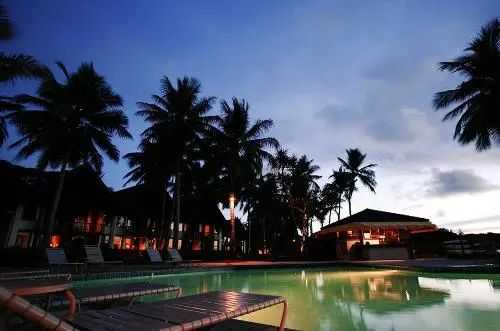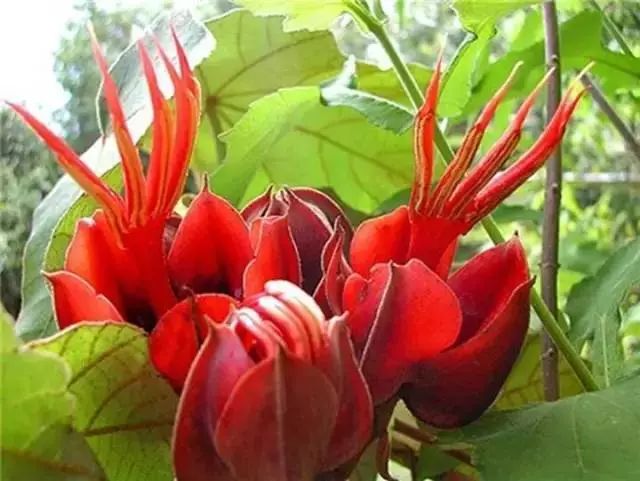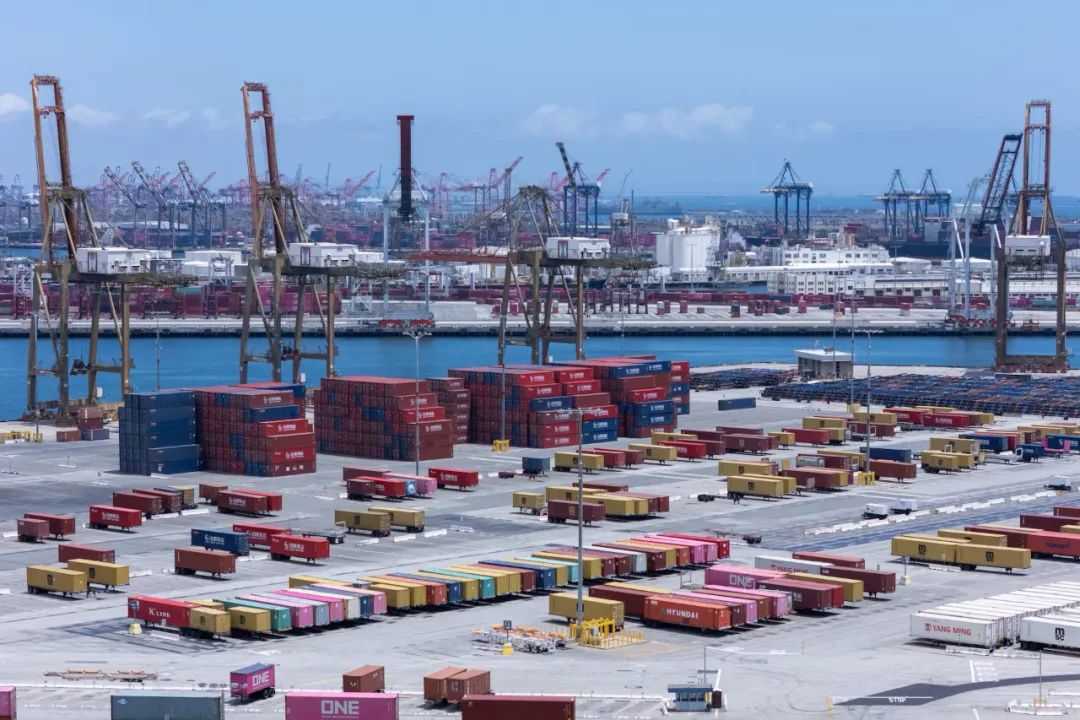In the surrounding vast ocean area of Nauru, which spans about 1.4 million square kilometers, there are hardly any other lands. As a result, this island has become the only resting place and "open - air toilet" for seabirds. Over thousands of years, the accumulated bird droppings have blanketed the island. Under the high - temperature environment and abundant rainfall in the equatorial region, these bird droppings have undergone chemical reactions and gradually formed a large amount of high - quality phosphate rock, which covers about 80% of the island. Phosphate is a crucial chemical material and the main raw material for fertilizers.
In 1901, a geologist accidentally discovered this rich phosphate resource. Since then, Nauru's phosphate mining and export industry has taken off. During its heyday, Nauru reaped huge profits from selling phosphate, which was mainly derived from bird droppings. The government provided comprehensive welfare to its people, including free housing, medical care, education, communication, and utilities. However, over - exploitation has led to the gradual depletion of phosphate resources. Now, as the bird - dropping - based wealth fades, Nauru is facing various economic challenges and is seeking new ways to develop its economy.








